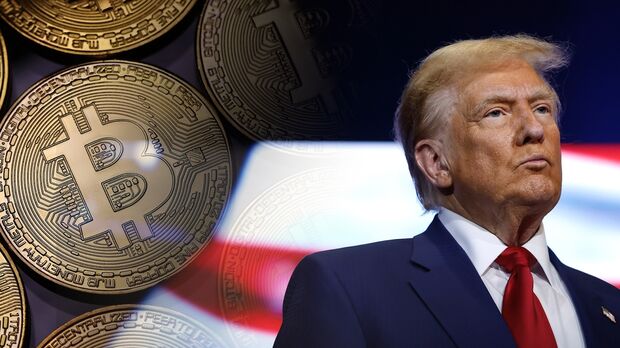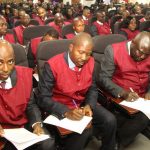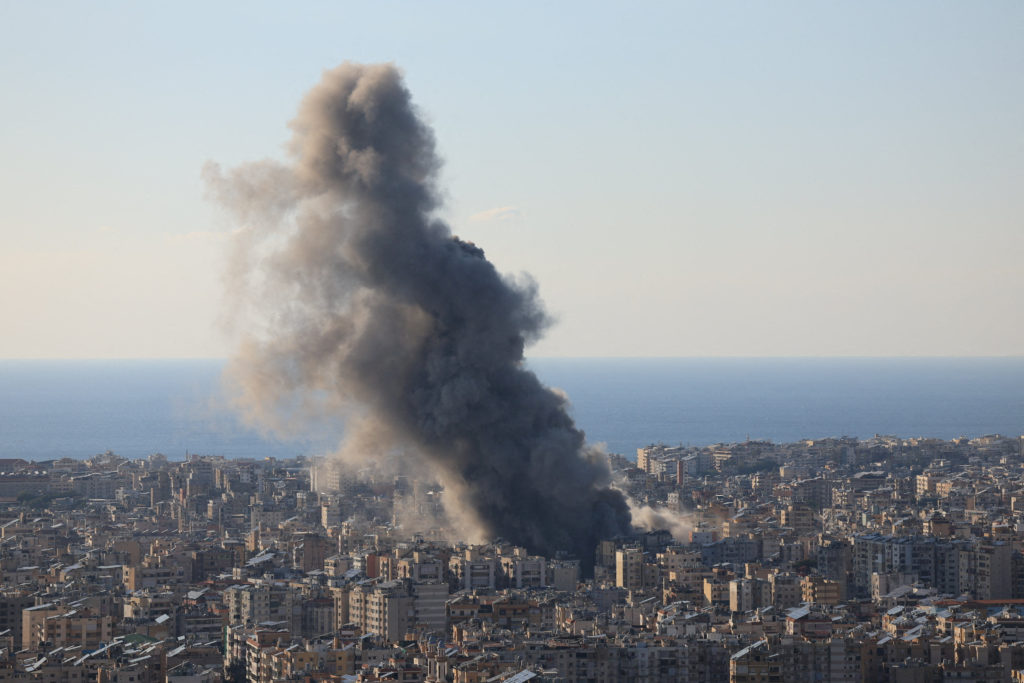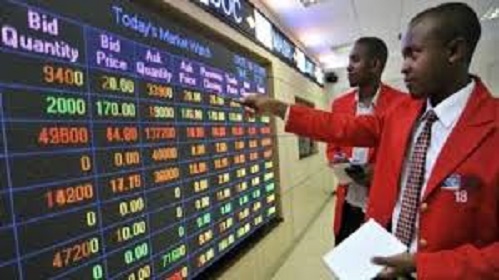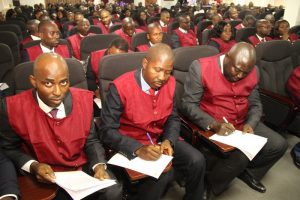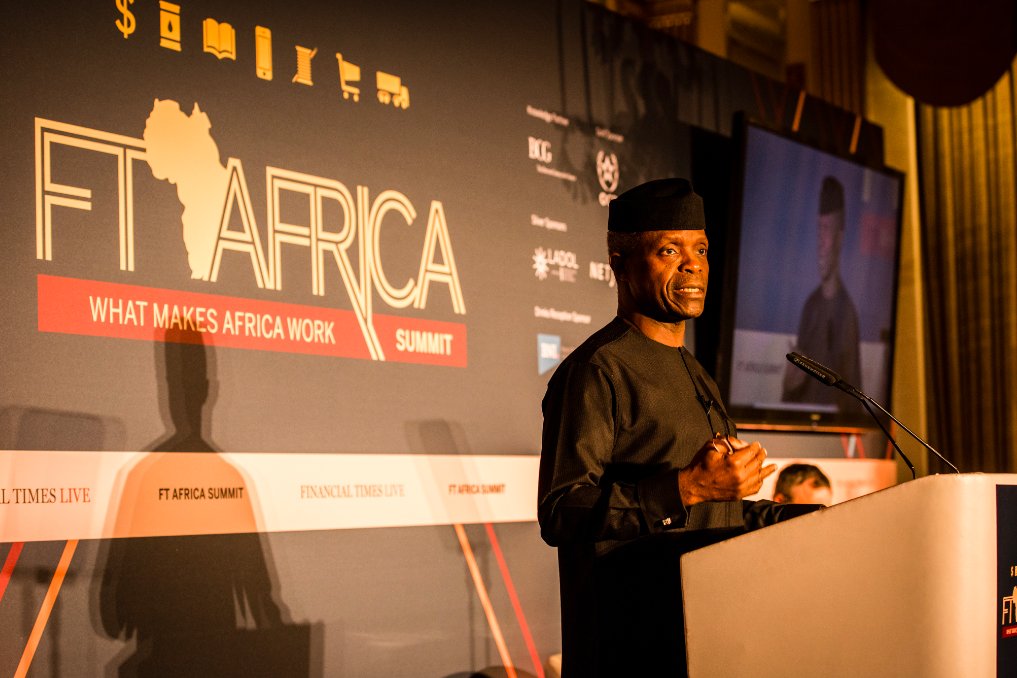
Despite a 60% drop in revenue compared to five years ago, the Federal Government says it still raised capital expenditure via infrastructure spending to N1.3tr in this year’s budget, the highest in its history.
Not done yet and with so much ground to cover in terms of infrastructure deficit across the country, Vice President Yemi Osinbajo has assured that the Muhammadu Buhari administration is poised to further increase capital expenditure in the 2018 budget currently in the works.
Prof Osinbajo, who spoke on “Africans’ ingenuity, resilience & incredible opportunities make the continent work,” on Monday at the FT Africa Summit in London, noted that “good governance, prudent management of resources, means that you can do more with far less. Ethiopia delivered its light rail and within Addis Ababa ahead of schedule, and Ethiopia/Djibouti rail with no cost overruns. Rwanda has shrugged off the tragedy of genocide of barely 20 years ago, delivering on infrastructure and earned its place as the second easiest place to do business in Africa. Ghana is galloping away with GDP growth figures this year of in excess of 8%.”
He spoke of commitment to providing “the much needed infrastructure in the form of power stations, ports, rail networks, roads, that not only bring down the cost of doing business but also actively engage the private sector in funding, in operation and or ownership,” across the entire continent.
Of importance, he continued, is the fact that “Africa now recognizes the limitations of governments, in cash and capacity, to run businesses. The wisdom today is in letting the private sector invest wherever it can, and in practically any sector of the economy even in those that once carried the halo of national security assets such as telecoms and power. Consequently we have seen the emergence of dynamic pan-African investors, who on account of their track records are even able to borrow commercially cheaper than governments.”
This is demonstrated, he told the gathering, by the quantum of private investments across Nigeria, all of which shows the confidence of local African investors in the opportunities available on the continent.
Some of these, he continued, include Aliko Dangote’s investments in cement manufacturing in 10 African countries, added to ongoing 650,000 barrels per day Refinery in project in Lagos, Nigeria, the largest single line Refinery in the world and larger than all four of government-owned refineries put together. This is to be complemented with a dedicated 550 kilometre subsea pipeline passing through major gas processing hubs across the country bringing crude to that refinery, among others.
Another investment that example the benefit of investing in Africa, he said is the MAIN ONE company floated by Funke Opeke, Nigerian-born broadband entrepreneur, which launched West Africa’s first privately owned submarine cable.
“The cable was built over a two-year period and the initial investment of $240 million was financed entirely by African investors and the project broke even just over 2 years after launch. Even during the economic turbulence, in 2016, private capital recognized the potential in infrastructure investments. General Electric (GE) infused $186M of investment in Phase 1 of the Nigerian Fast Power Program, and entered into an MOU with seven States in the North of Nigeria where radiation is highest, to supply 1000 MW of solar power across the states. GE is also finalizing the documentation for the concession of our Lagos-Kano narrow gauge rail line, which will focus on cargo transportation from the Apapa Port northwards passing through several economically strategic cities Northwards to Kano. This involves a total investment of USD2.2bn.”


